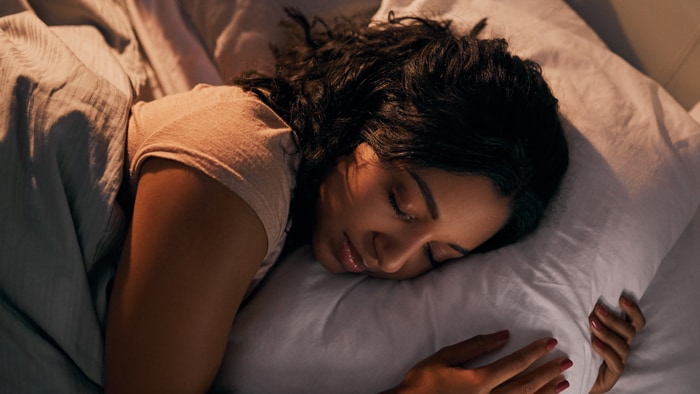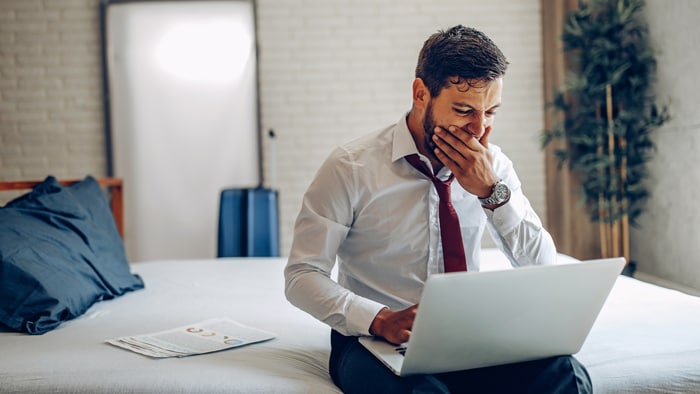Sleep apnea affects more than just the sufferer
Sleep apnea sufferers most likely aren’t the only ones in their household experiencing sleepless nights. According to WebMD, those who have a partner with a sleep disorder can lose nearly one hour of sleep every night due to the disorder. Do the math and that’s 12.5 days of lost sleep each year. Sleep apnea affects everyone in the household in ways that might not be immediately apparent. People whose sleep patterns are interrupted can experience lower resistance to illness, hormonal imbalance and increased appetite, as well as worsening mood and general crankiness. A recent New York Times article spelled out some of the more obvious symptoms: “…Chronic sleep deficiency has the potential to impact nearly all of our physiologic systems. After a night or two of insufficient sleep, sleepiness increases, and mood, concentration, memory and attention are poor with a narrowing of focus. Our appetite increases and food preferences become less healthy, and our energy levels drop, among many, many other changes.” Statistically, more men suffer from sleep apnea–as much as 5 percent of the U.S. population–than women. And, the article noted, the success of sleep apnea treatment often depends heavily on the partner’s support. If your partner suffers from sleep apnea, Prevention offers up a few tips that might help you both get a decent night’s sleep: Avoid alcohol, spicy foods and chocolate: Alcohol is a stimulant and chocolate contains caffeine, both of which can keep you awake at night. Spicy foods, meanwhile, can cause indigestion, which also can keep you up. Exercise, but not before bed: Working out increases the length and quality of your sleep, but it raises your body temperature for about four hours. Quit smoking: Nicotine is a stimulant, and smoking can exacerbate the symptoms of sleep apnea. Take your time getting ready for bed: Help your body unwind by starting the process of going to bed well before you plan to hit the sack. By focusing on a routine each night, you can condition your brain and your body to relax and sleep when the lights go out. Numerous online support groups also can offer tips and share insight on helping sleep apnea sufferers and their partners sleep better (just Google “apnea support groups”). And organizations such as the American Sleep Apnea Association can answer questions and provide additional support. Sleep apnea can be disruptive, but it shouldn’t be devastating.



